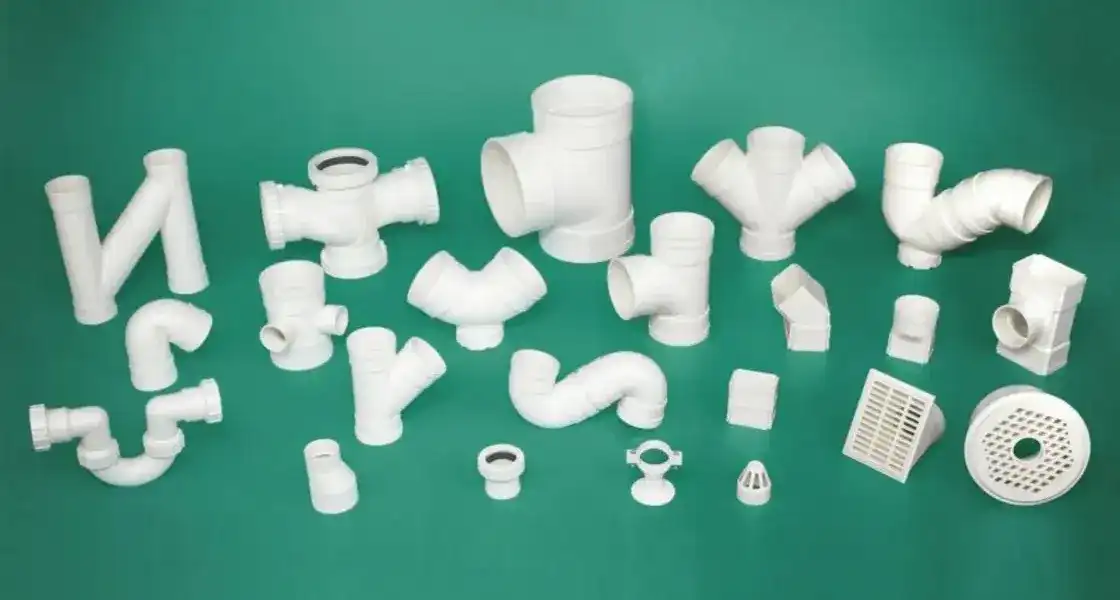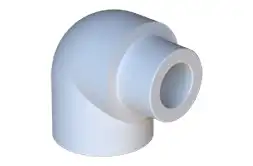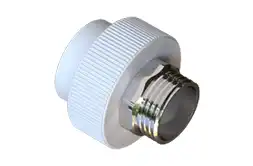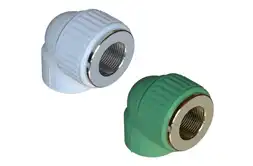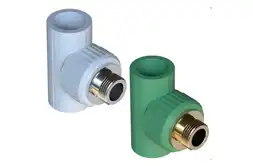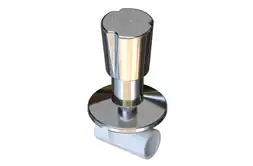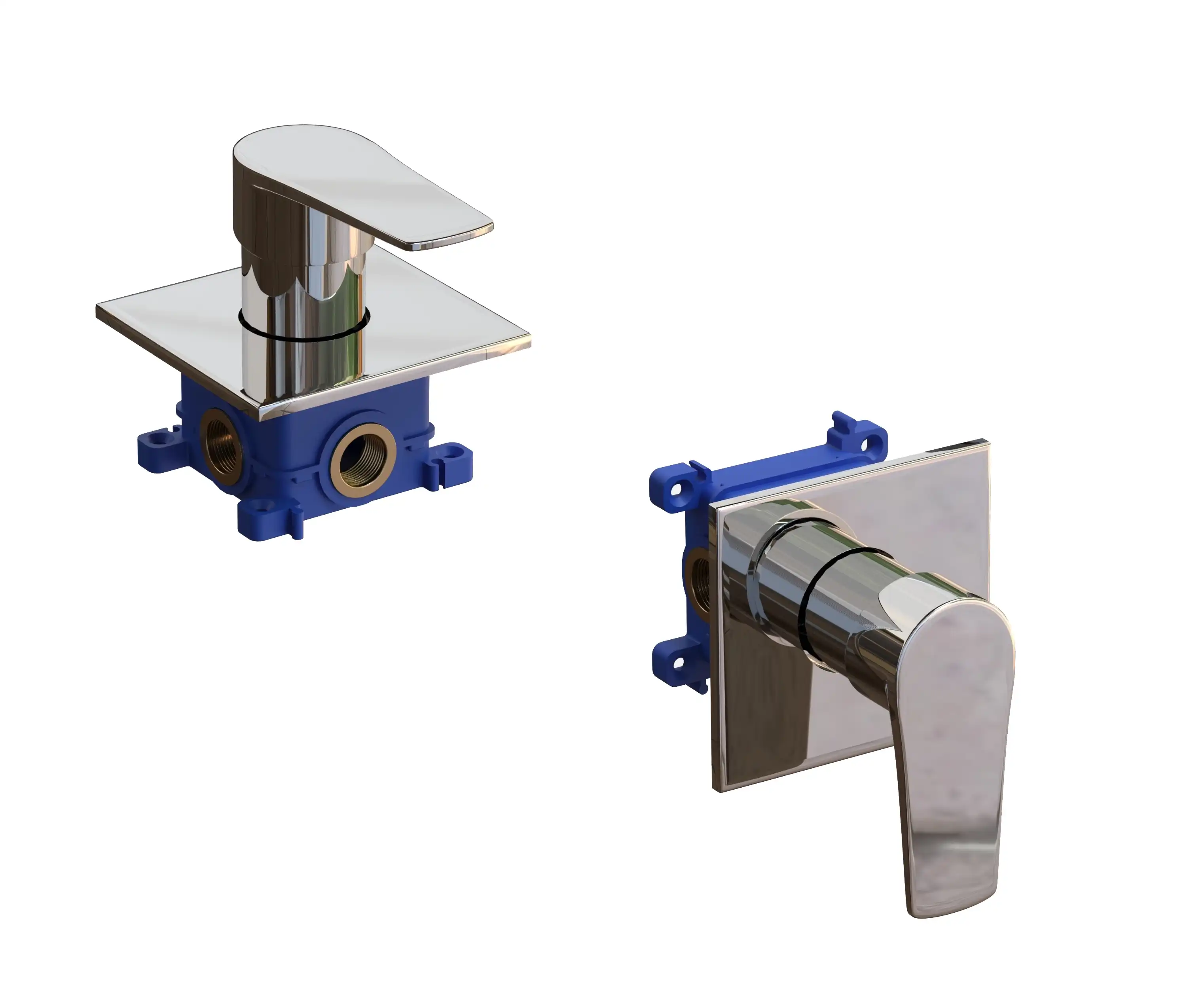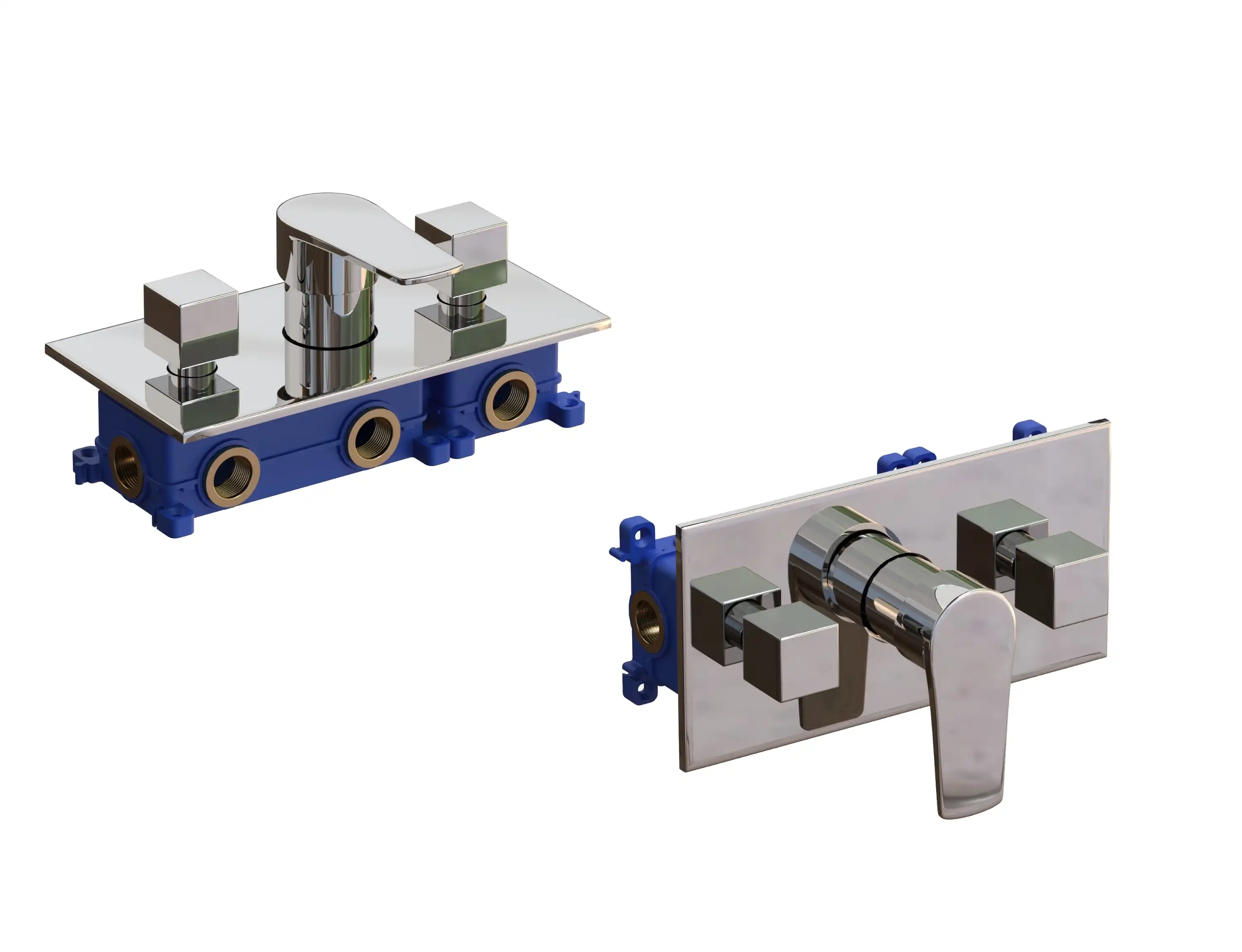Advantages and Disadvantages of PVC Pipes When Should They Be Preferred?
PVC (Polyvinyl Chloride) pipes are widely used in various applications, including plumbing, sewage systems, agricultural irrigation, industrial facilities, and even some decorative uses. Their popularity stems from their numerous advantages. However, like any product, PVC pipes have disadvantages as well. In this article, we aim to examine the positive and negative aspects of PVC pipes and guide readers on when to prefer these pipes.
One reason for the popularity of PVC pipes is their versatility. PVC pipe manufacturers offer a wide range of products with different sizes and colors, allowing them to fit various applications. Especially colored PVC pipes add visual appeal in indoor decorations and some special projects.
Another advantage of PVC pipes is their lightweight nature. Plastic PVC pipes are much lighter than metal pipes, which makes installation and transportation easier. The durability of PVC pipes is also a notable advantage. They are resistant to corrosion and decay, making them a great choice for plumbing and sewage systems.
Additionally, PVC pipes are generally less expensive compared to other types of pipes. This low cost can be an important factor in large-scale projects. PVC water pipes are a cost-effective option for both residential and industrial uses. Furthermore, plastic PVC pipes are easy to maintain, offering cost savings in the long run.
Benefits and Advantages
When we take a closer look at the advantages of PVC pipes, durability and longevity are key factors. PVC pipes are highly resistant to chemical wear and corrosion, which provides significant benefits in applications like PVC water pipes and PVC sewage pipes.
The flexibility of PVC pipes also offers great benefits in many applications. PVC fittings and PVC connectors allow for the connection of pipes at different angles and configurations, making installation easier, especially in complex plumbing systems. PVC couplings and PVC elbows help connect pipes quickly and securely.
The low cost and lightweight nature of PVC pipes provide major advantages in projects. Especially for industrial facilities and large construction projects, a cost-effective and easily transportable pipe system can save both time and money.
Disadvantages
Despite the advantages, PVC pipes also have some disadvantages. It is important to consider these disadvantages when choosing PVC pipes for the right applications. Here are the main disadvantages:
Heat Resistance: PVC pipes are not resistant to high temperatures. Therefore, they are not recommended for use in hot water systems or industrial applications where temperature increases may occur. In such cases, PPRC or metal pipes may be more suitable alternatives.
UV Resistance: PVC pipes are not resistant to UV rays. If exposed to outdoor conditions for extended periods, they can experience color fading or cracking. Therefore, if PVC pipes are to be used in outdoor applications, UV protective coatings or sleeves should be considered.
Pressure and Shock Resistance: PVC pipes can be sensitive to high pressures and physical shocks. They might not be suitable for high-pressure water lines or areas prone to frequent impacts. In such cases, HDPE or steel pipes may be better alternatives.
Chemical Resistance: PVC pipes are not resistant to certain aggressive chemicals, so they are not recommended for industrial applications that involve chemical processing. It's essential to check the chemical resistance of PVC pipes in any application.
Overall, the advantages and disadvantages of PVC pipes can vary depending on the type of application and environment. Generally, PVC pipes are suitable and economical for residential plumbing, agricultural irrigation systems, and low-pressure industrial applications. Their durability, lightweight nature, and extensive product range make them popular. Colored PVC pipes and various PVC fittings provide flexible solutions for different needs.
However, if high temperatures, extreme pressure, UV exposure, or chemical resistance are required, PVC pipes might not be suitable. In such cases, alternative materials or protective measures should be considered.
When selecting a PVC pipe manufacturer, it's essential to choose a reliable company that offers high-quality products and customer support. Additionally, following proper installation and maintenance practices for PVC pipes ensures a long-lasting and reliable system.
Have questions?
We unleash your business potential by maximize the business innovation.
[email protected]